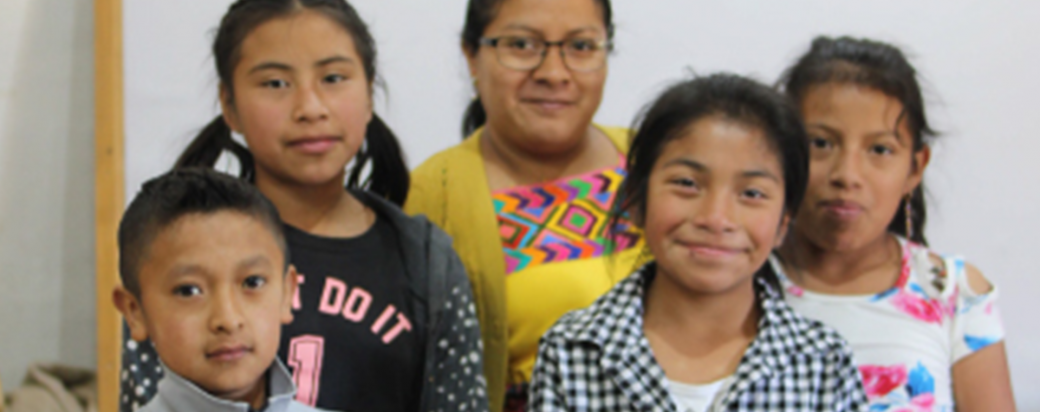
About the Project
This project is one of the 2020 WISE Awards finalists.
CETC developed the project-based Hero School curriculum for grades 7-11. In their nationally-accredited classes, students conduct surveys to evaluate living conditions in neighboring communities. Students then learn to design, budget for, and plan projects that directly address survey-identified problems. At the end of the year, students work with teachers, builders, and volunteers to actualize their projects in the surveyed community. Students graduate with tangible work experience relevant to participating in and leading sustainable community development.
Context and Issue
In 1992 and 2017, thousands of prominent scientists came together to issue a global Warning to Humanity. These scientists called for a widespread transformation of human behavior “to stop the ever-increasing environmental degradation that threatens global life support systems on this planet.” In rural Guatemala, low-resourced and marginalized communities are among the first to be seriously impacted by environmental challenges. Public health organizations state that living conditions in rural Guatemalan communities can be improved through proper smoke ventilation, effective waste management, greater access to water and sanitation, earthquake-resistant infrastructure, increased participation in secondary education, and access to employment opportunities.
Solution and Impact
In response to these recommendations, CETC developed the project-based Hero School curriculum for grades 7-11. In their nationally-accredited classes, students conduct surveys to evaluate living conditions in neighboring communities. Students then learn to design, budget for, and plan projects that directly address survey-identified problems. At the end of the year, students work with teachers, builders, and volunteers to actualize their projects in the surveyed community. Students graduate with tangible work experience relevant to participating in and leading sustainable community development.
Since curriculum implementation, students have constructed 39 smoke-efficient stoves, 25 water tanks, 4 compost latrines, and 2 tire retaining walls. These projects address key local health challenges, repurpose waste, and generate student-led community development. In total, 390 community members have directly benefited from the CETC student projects.
Future Developments
LWH and CETC seek to further refine the Hero School curriculum for grades 7-11 and expand it to grades K-6. With a comprehensive curriculum, CETC graduates will be well-equipped and confident, community development practitioners when they enter university and/or a career. This objective requires teacher-led curriculum development in 2022 and full K-11 curriculum launch in 2023, in time to implement the student project process in a new community.


